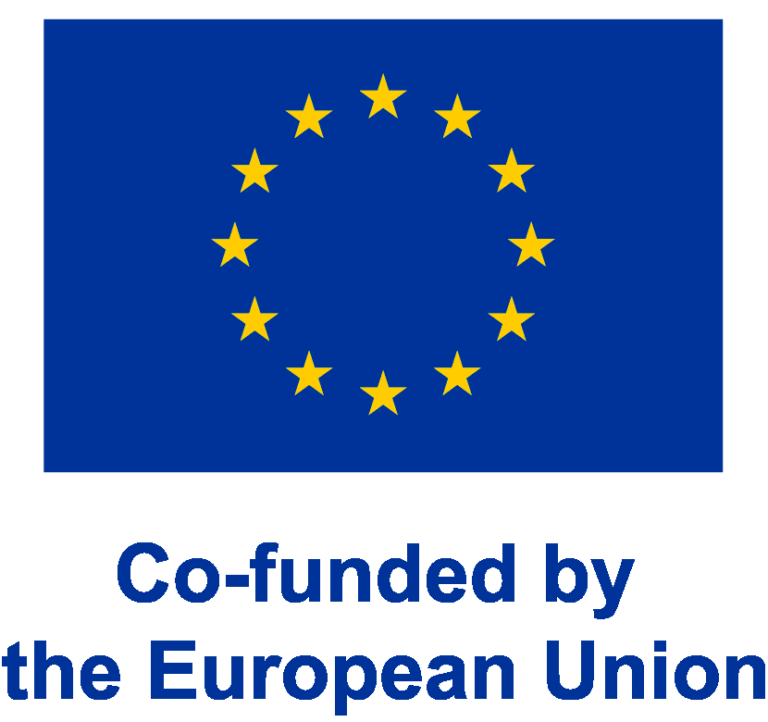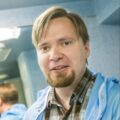
Working life oriented collaborative approach to photonics fabrication skills development
Funders

The project is funded by European Social Fund Plus (ESF+). The project is implemented by University of Eastern Finland.
Contact persons
This project aims to enhance the training of practical skills in the micro- and nanofabrication of photonics components to respond to the growing skills shortage in the sector. Finnish companies in the photonics sector predict an annual growth of more than 30% in their turnover, with industrial manufacturing accounting for a major part of the exports. However, the teaching of practical fabrication skills mainly as individual teaching in a clean room environment with strict cleanliness and safety standards, currently constitutes a bottleneck, together with the limited usage time of the necessary equipment, both for university teaching and for equipment training for the staff of companies in the sector.
The project will develop a new model for training practical skills in micro- and nanomanufacturing, based on educational research, so that part of the training can be carried out by utilizing the technologies of augmented reality and remote presence. In this way, a much larger number of students and company staff can familiarize themselves with the clean room laboratory and its equipment in a single session. Thus, more time can be allocated to this. The development of augmented reality and remote presence technologies needed in the training will be part of the project. In addition to the sections that apply remote presence, theory materials and short contact teaching sessions in the laboratory will be developed so that every part of the training would support each other from the perspective of learning. The development of the training will be done in close cooperation with companies.
The project is supported by three photonics companies operating in North Karelia. The training model created in the project will remain a permanent part of the photonics engineering education at the University of Eastern Finland and will support more versatile professional development opportunities in line with the continuous learning model. The developed methods can later be used nationally for training and orientation in other fields where work is done under demanding conditions, such as medicine, biology, and chemistry. With the project, university-level photonics education and the opportunities for continuous learning offered to companies’ personnel will respond to the skills demands of working life better than earlier. The project will contribute to the development of the photonics ecosystem in North Karelia and the position of Joensuu as a European leader in photonics research, development, and innovation.


